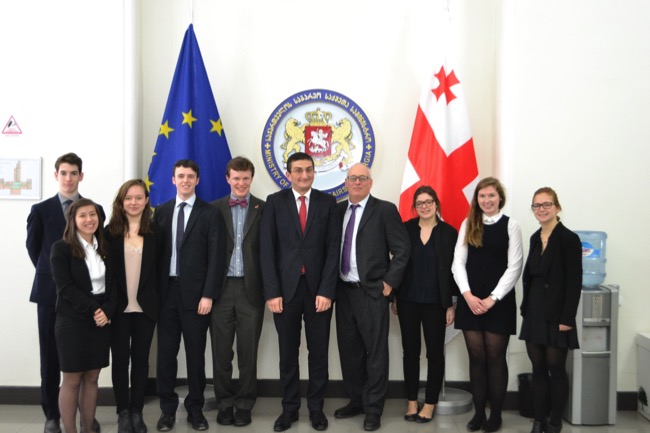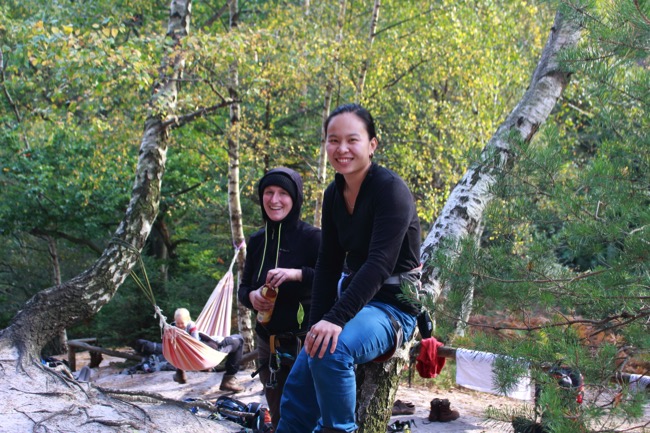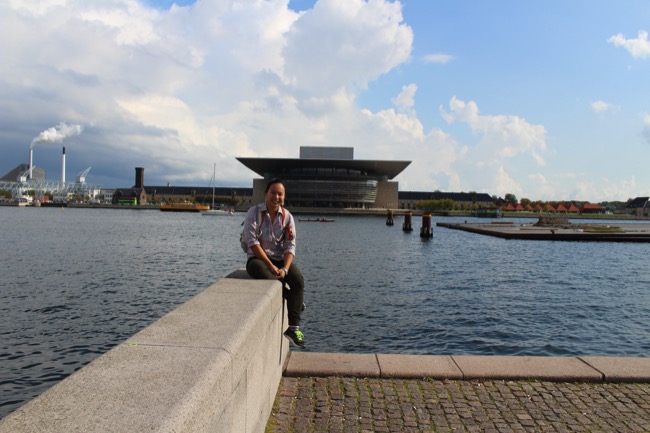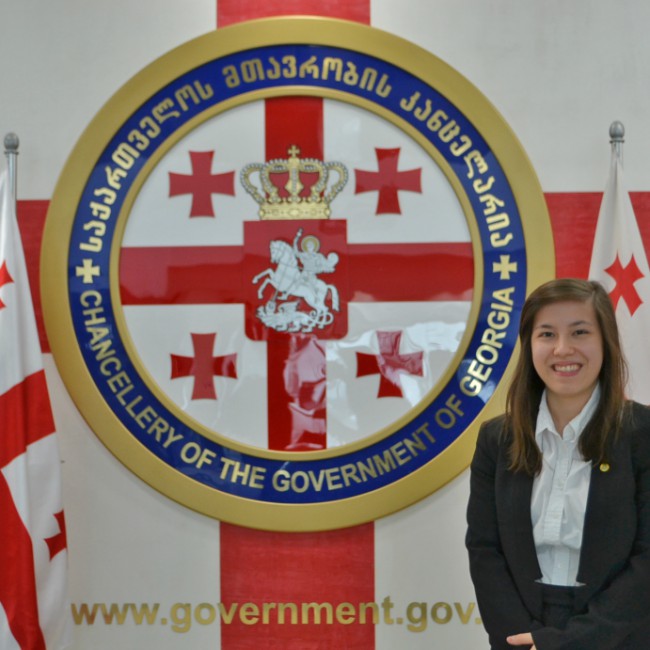International Course Module in the Republic of Georgia
I chose to learn abroad to experience what conducting field research was like. Given the limited amount of English language sources on the topic of European Union-Georgia energy relations, it was also necessary for the purposes of my research to conduct in person interviews with experts. I ended up learning a lot about how hydroelectricity plants are developed in Georgia and the international relations between Georgia and the European Union in the renewable energy sector.
I learned how to conduct field research and interviewing skills. By having a limited amount of time to speak with an expert on the area of research, I learned how to tailor my questions precisely to receive the information I needed.


The experience opened my eyes to a whole new way to conduct research in an innovative way that would not have been possible without going abroad.
From my international course module experience, I felt more comfortable to do research in areas that had limited existing scholarship. After the experience, I wrote a senior thesis on Arctic sub-national governance, a topic that was under-researched. The findings for my thesis were only possible because I conducted field research on that topic in Alaska, using the skills I had acquired from my international course module experience in Georgia. The ICM taught me to see research as a fun process that requires maintaining connections with interesting experts in the field. Field research has inspired me to conduct research at the graduate level, where I hope to be doing more interviewing.
One of the biggest challenges I had was confronting my expert interviewee’s wealth of knowledge. For example, an interview that was particularly difficult was with the regulatory body of Georgia’s hydro-power. The interviewee provided me with a lot of technical knowledge which, coming from a non-engineering background, was hard to grasp. However, at this point of the week where I had conducted or participated in over ten interviews, I was able to redirect the conversation to questions of broader policy implications, which turned out to be extremely helpful for my paper.
Another challenge I faced was navigating the streets of a foreign country in getting to these interviews. Back when international cell phone plans were even more prohibitively expensive, we had to rely on communicating with taxi drivers, who only spoke Georgian or Russian, to take us to our destination, which was scrawled on a scrap of paper in the Latin alphabet. However, through trial and error, and asking people on the street with the help of charades, I was able to get to my interviews with only a minimal amount of wronged locations. It was a great experience to learn lots about a city quickly and to interact with locals.
The findings for my thesis were only possible because I conducted field research on that topic in Alaska, using the skills I had acquired from my international course module experience in Georgia.
I would strongly recommend that every student participates in a field research component for their degree. It is an extremely valuable way to understand the steps in doing research, from formulating a question to identifying and critically engaging with appropriate sources. Additionally, it is a fun experience and a great way to see the world at a subsidized cost!

